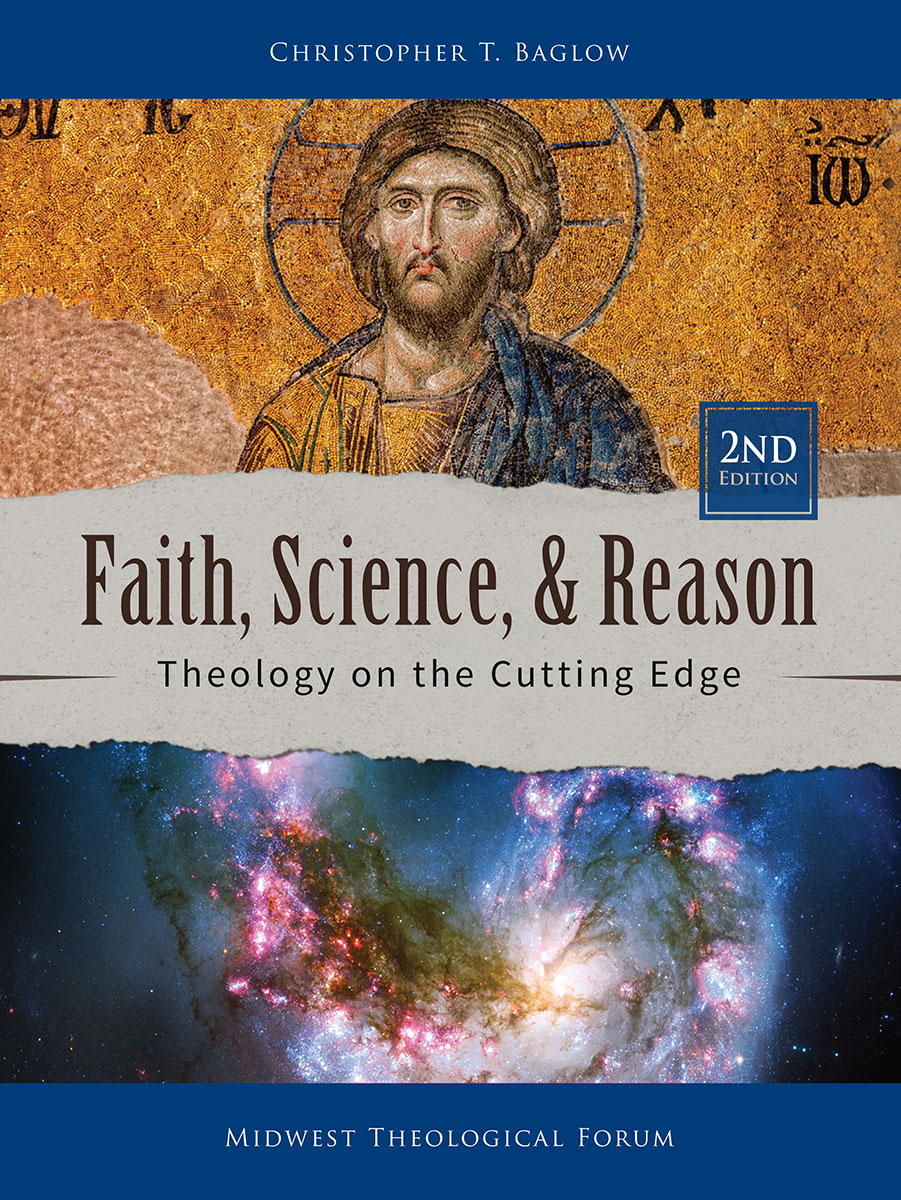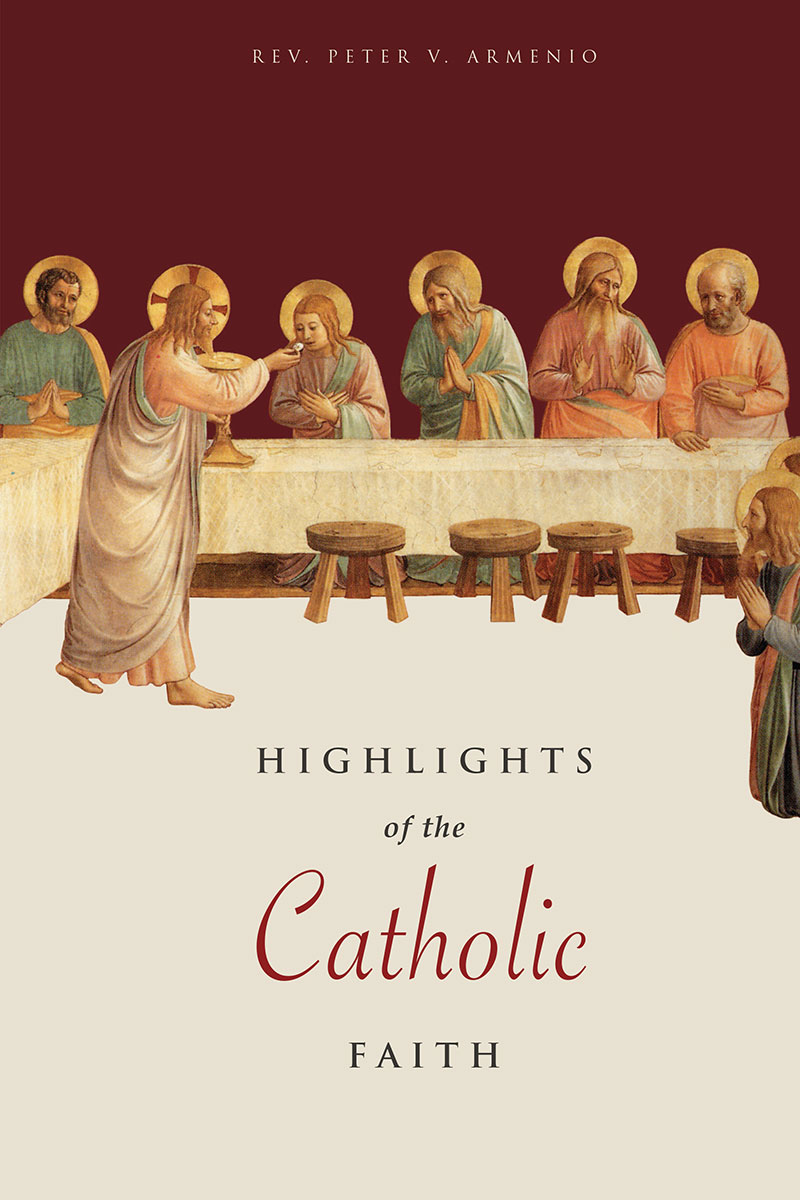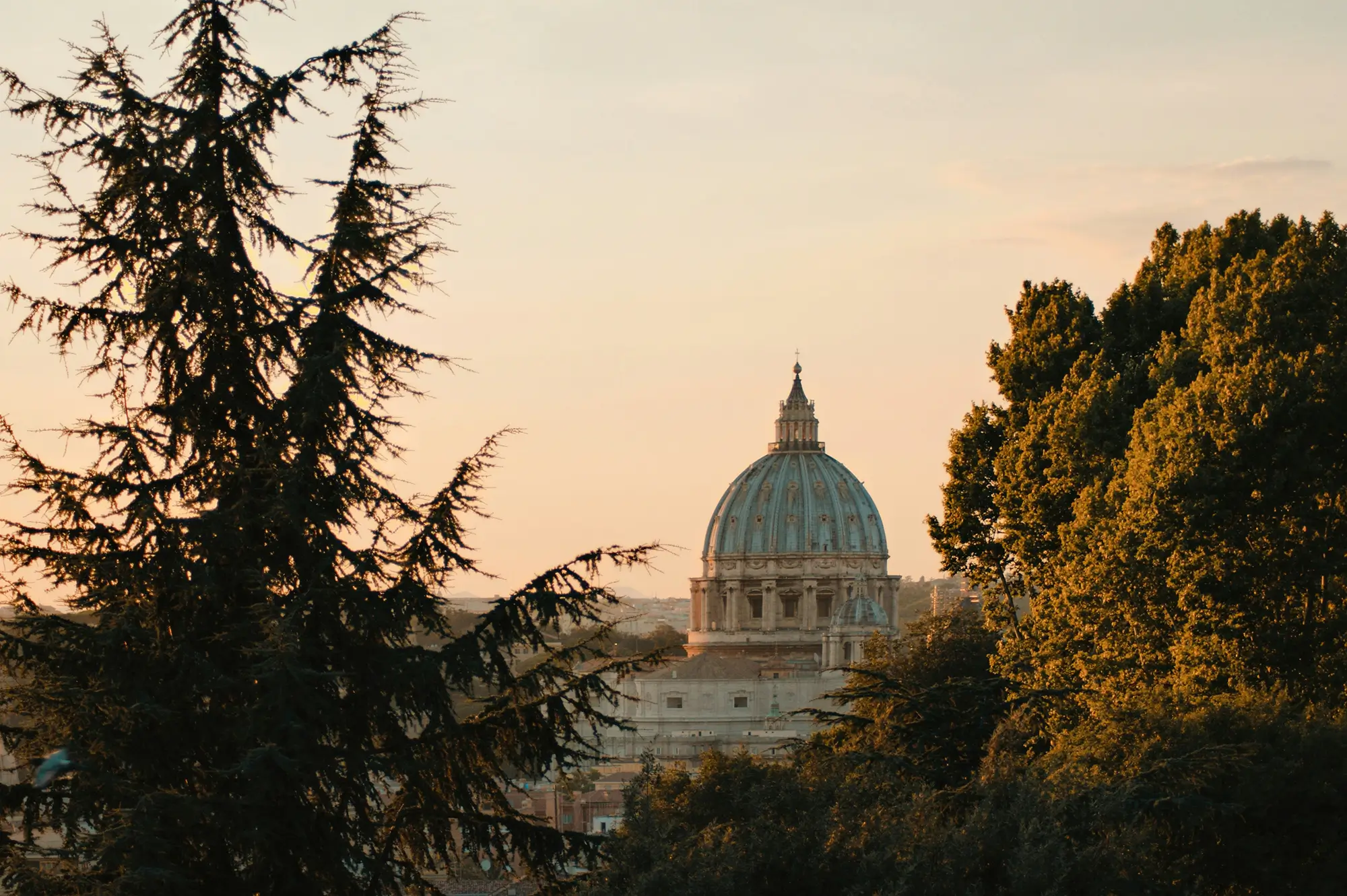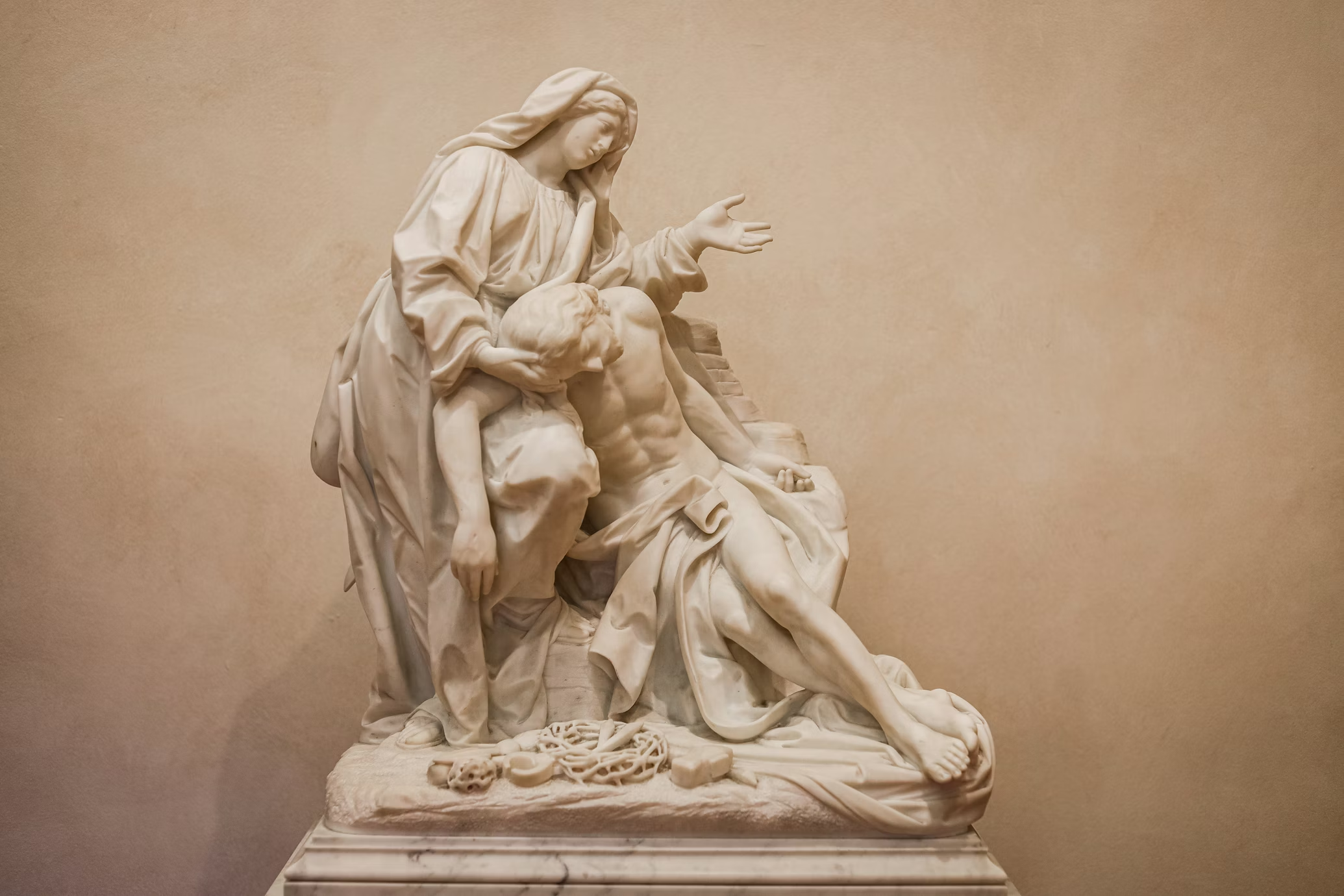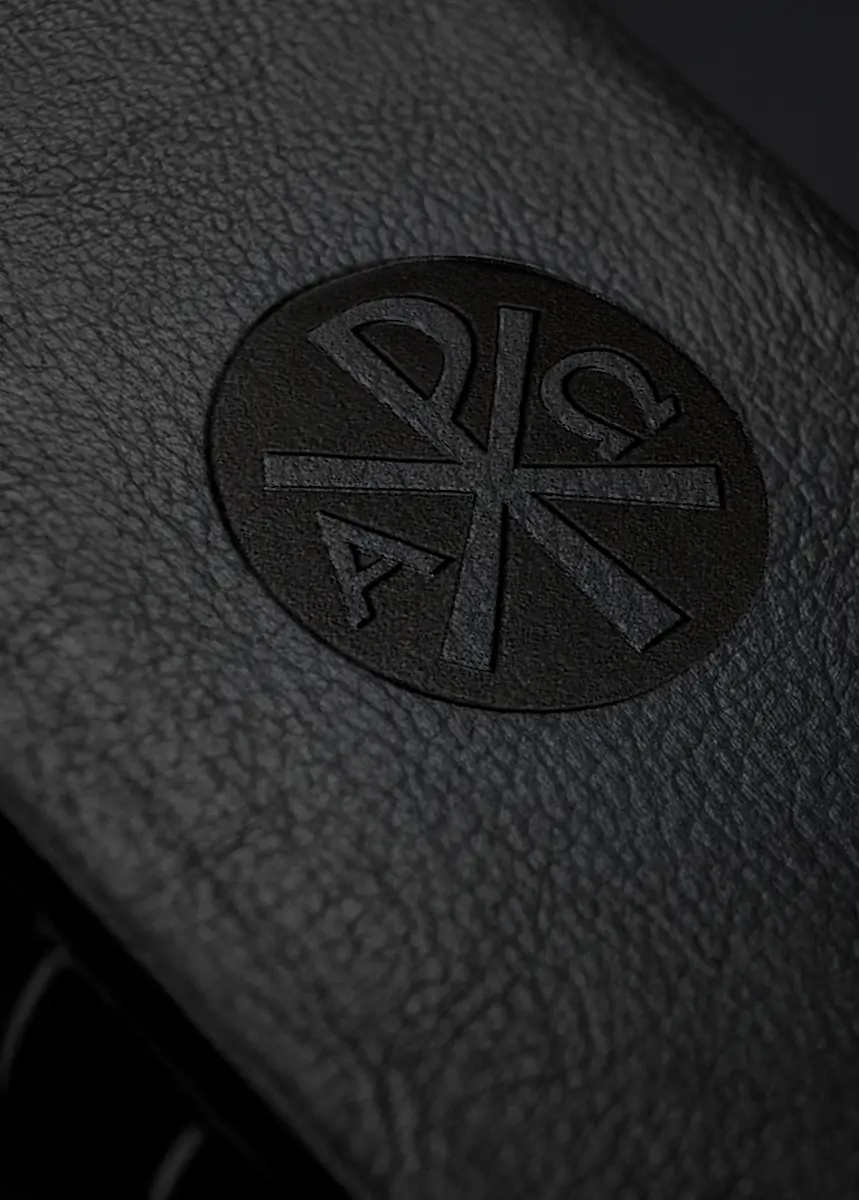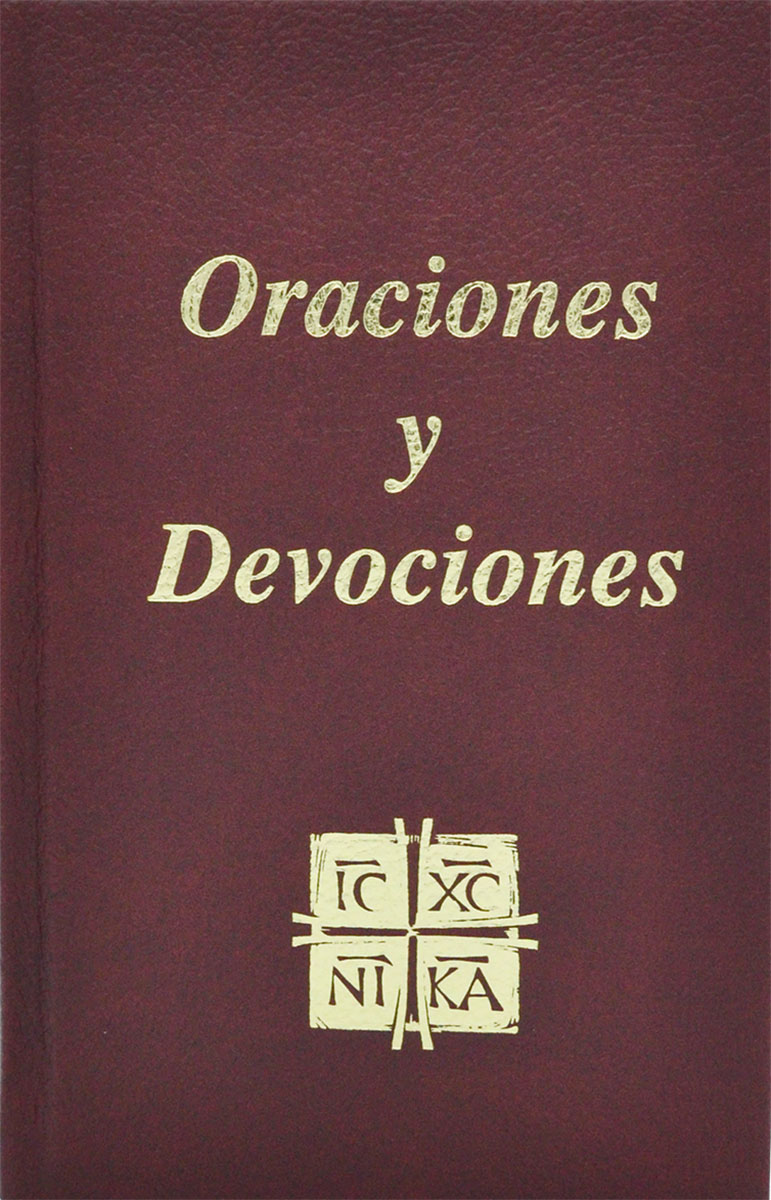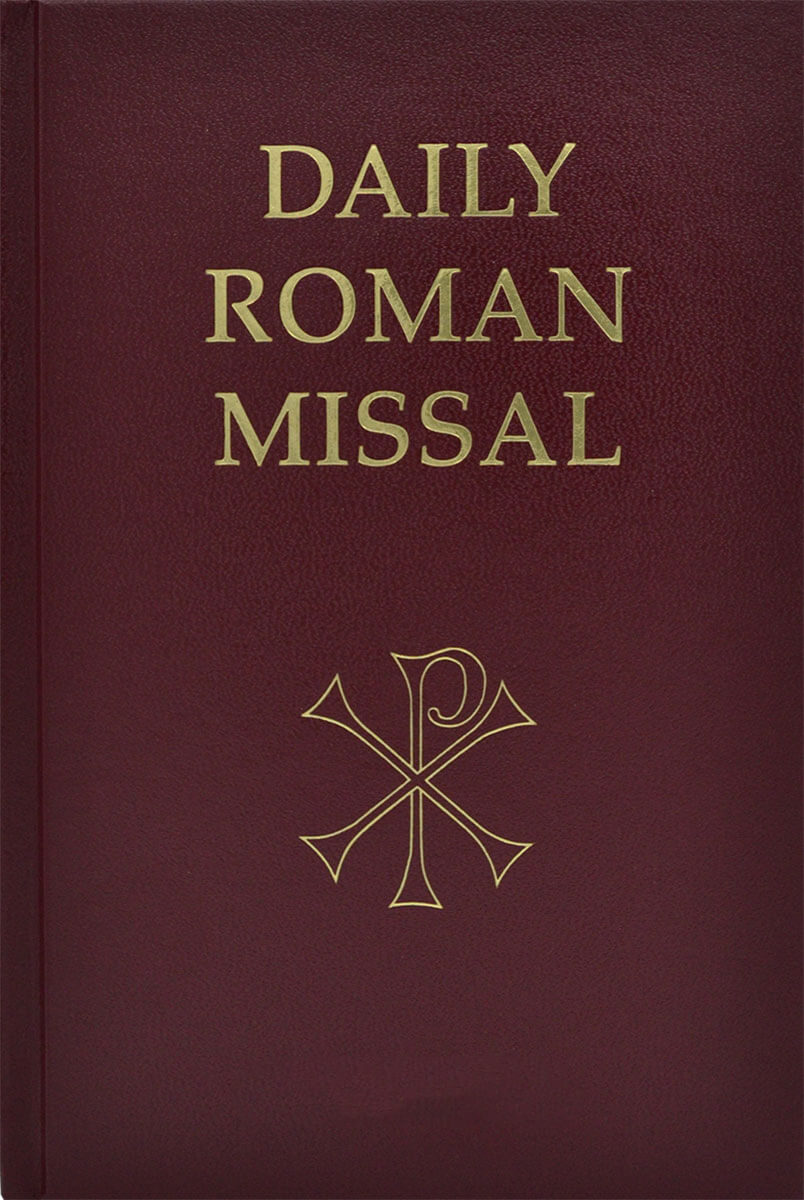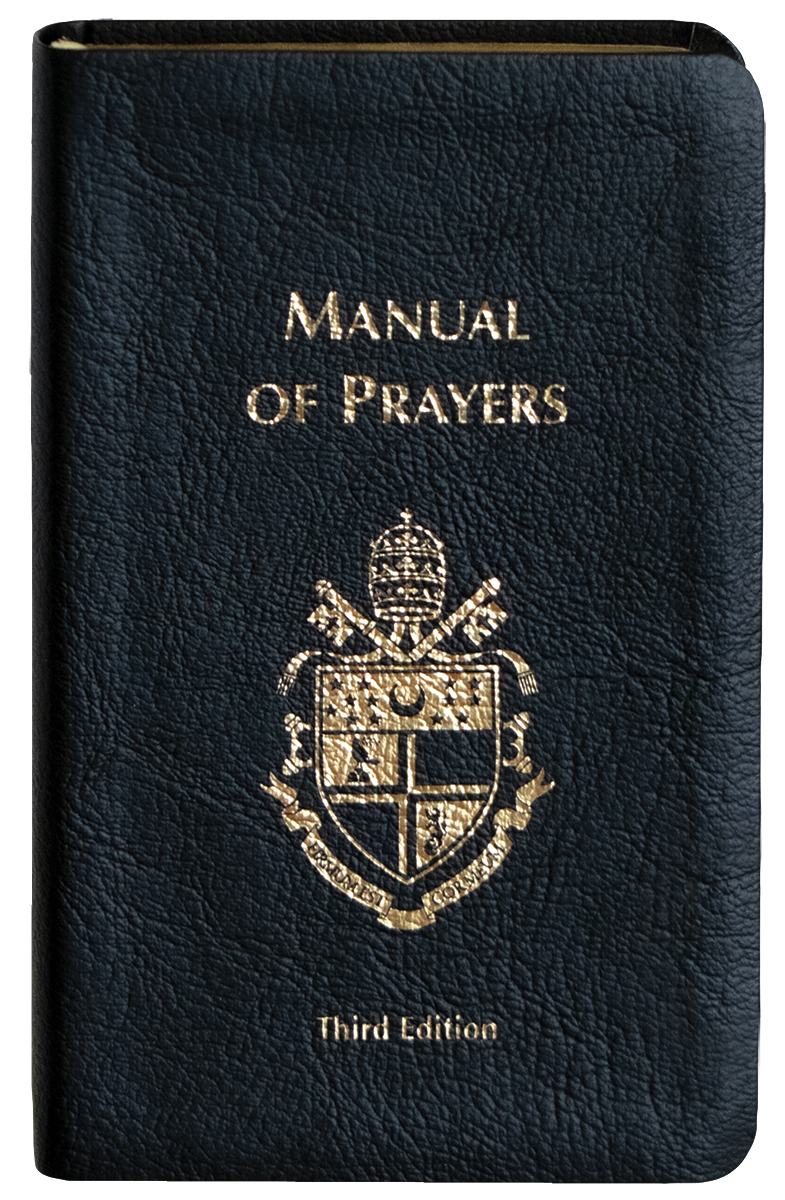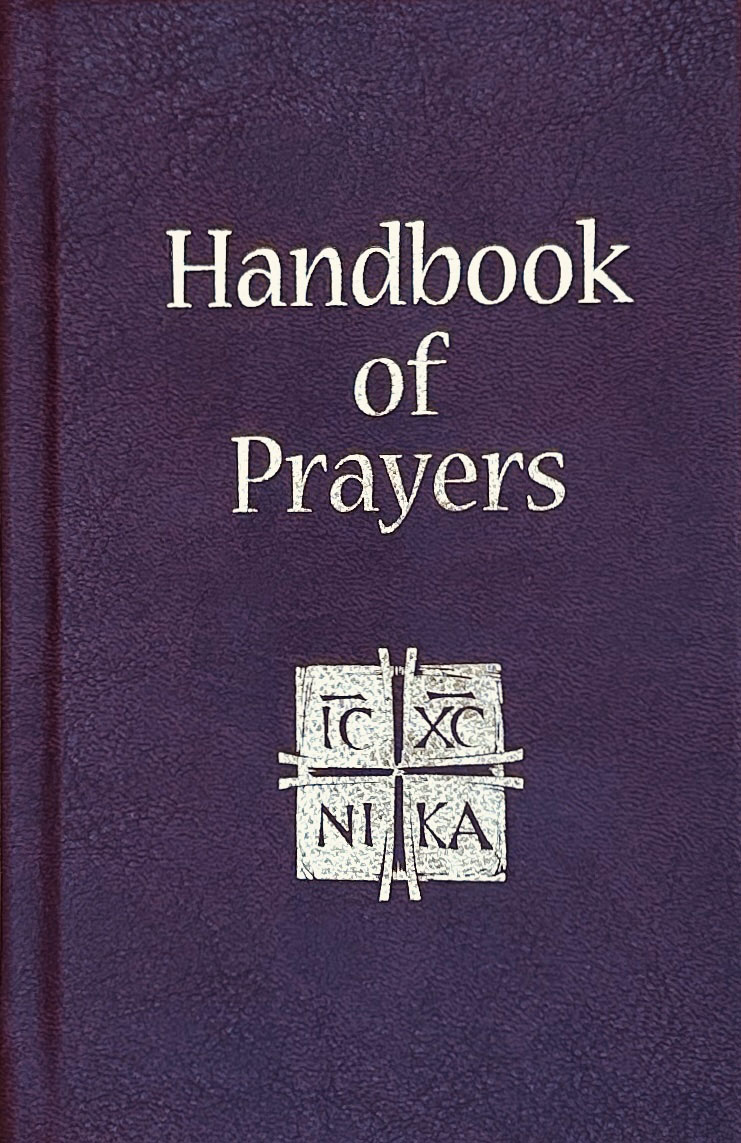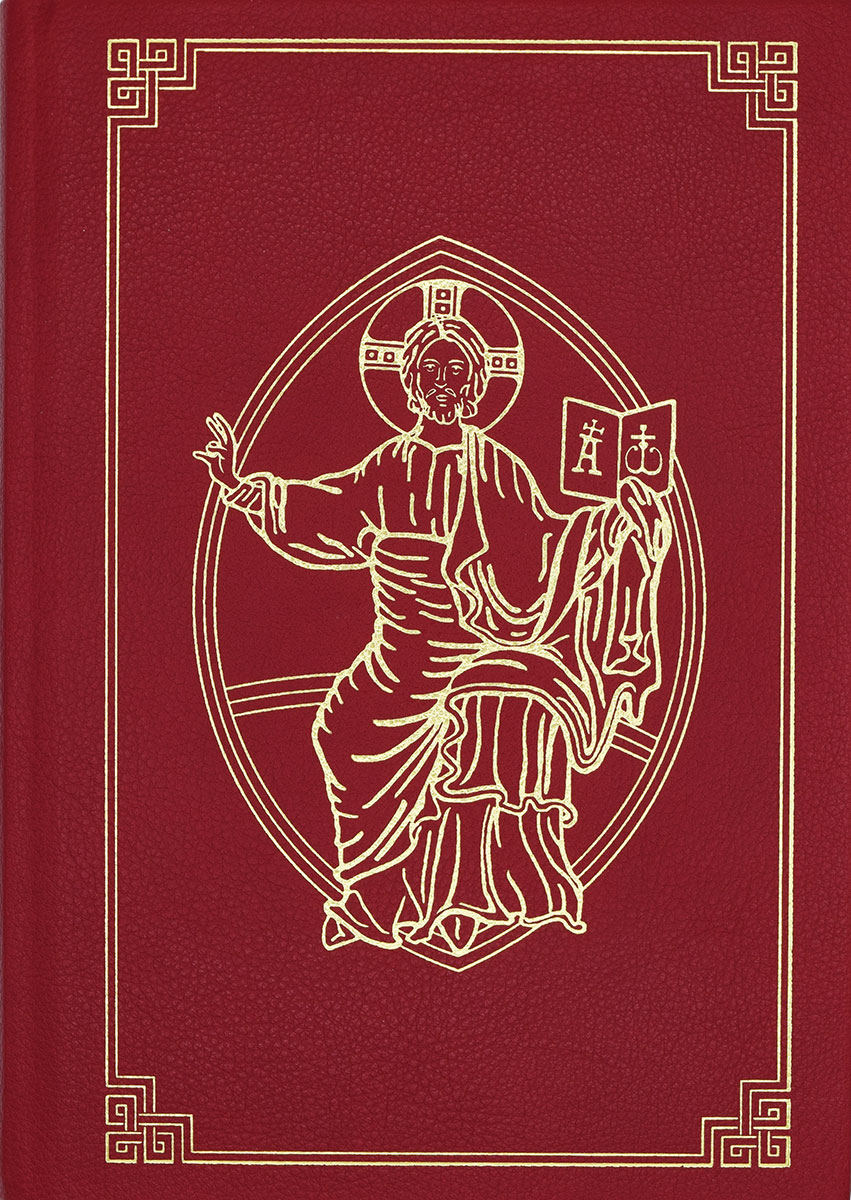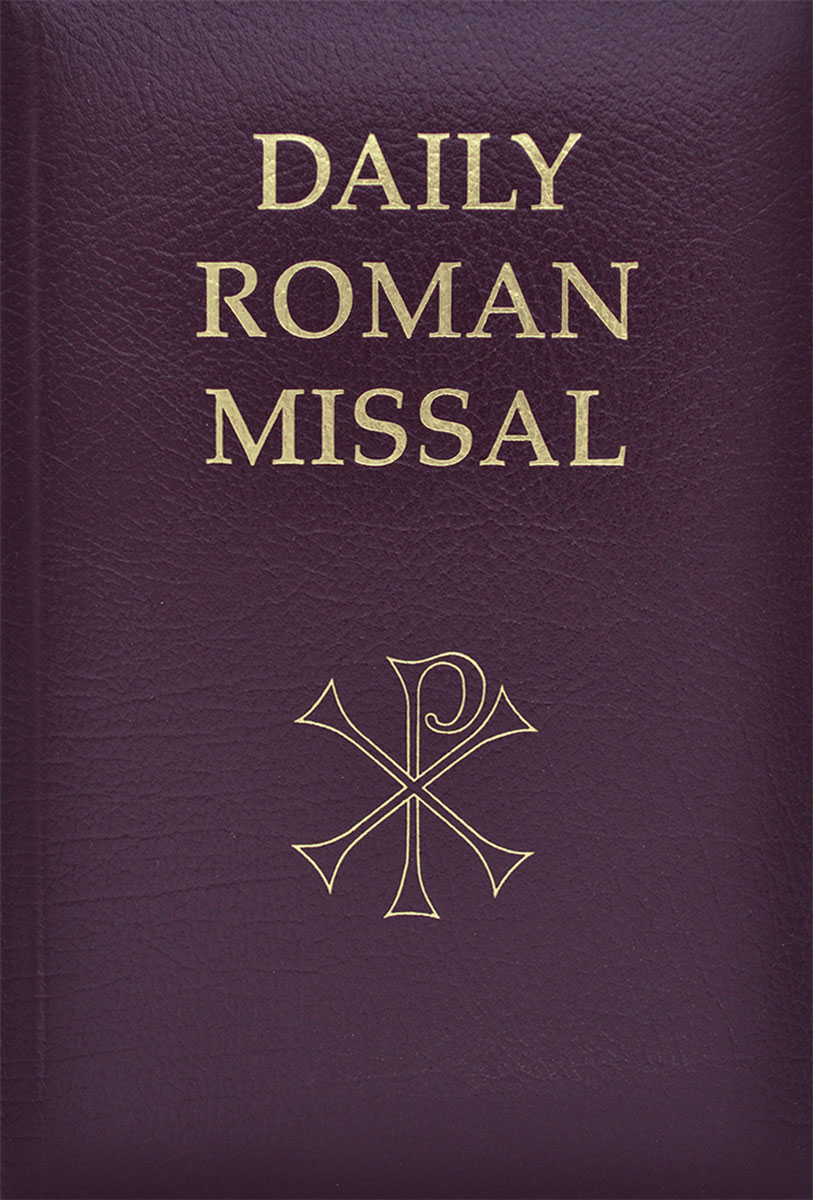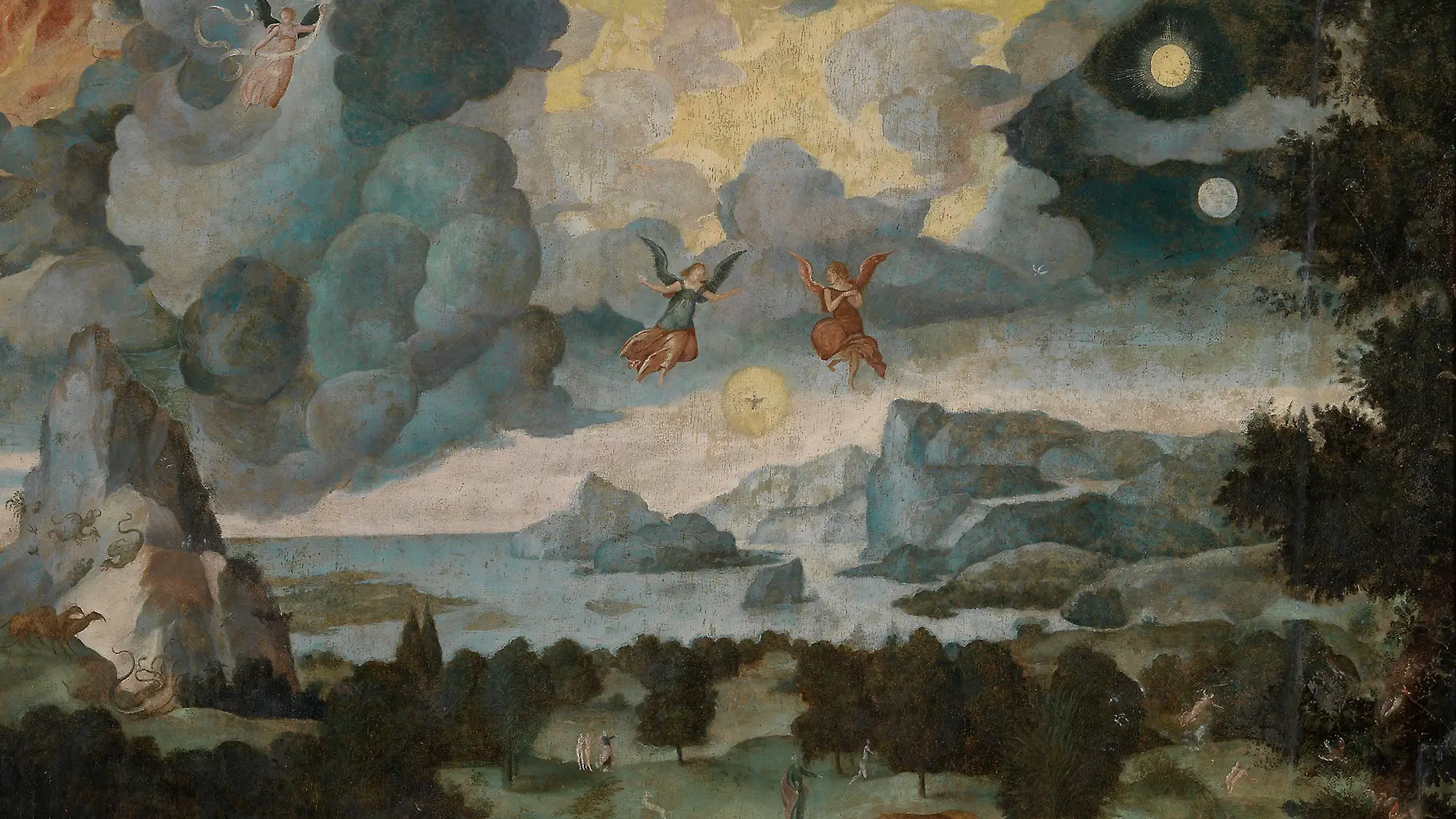
In a 2014 study by the Center for the Study of Religion and Society, 78% of adult Catholics who left the faith said they did so because of a perceived conflict between faith and science. At first glance, that conflict may seem obvious—but closer inspection shows it rests more on misunderstanding than reality.
Those who see faith and science as irreconcilable often raise three objections:
- Faith and reason are inherently opposed. Faith (the foundation of Catholic belief) and reason (the foundation of science) are seen as incompatible.
- Faith relies on paradox. Since mysteries such as the Trinity go beyond human comprehension, faith must be an invalid way of understanding the universe.
- Science explains everything. If science can account for the natural world, belief in God is unnecessary.
These claims may seem convincing at first, but they collapse under careful scrutiny.
First, the Church has never taught that faith and reason are enemies. On the contrary, it insists that they complement each other. Faith clears away superstition and points us toward truth, while science reveals the order of creation and points us back to the Logos who brought it into being. Far from undermining each other, the two work hand in hand.
Second, paradox is not unique to faith. Science itself embraces paradoxes—light behaves as both particle and wave, for example. Paradox does not signal falsehood; it signals the limits of human categories in the face of a deeper reality. Just as physical phenomena can transcend simple classification, so too do divine mysteries exceed human comprehension.
Finally, the claim that “only science can explain truth” (scientism) collapses under its own logic. Scientism holds that only statements verifiable by science are valid. Yet this very claim cannot be verified by science, making it self-defeating.
Theoretical reasoning is not the only evidence that faith and science are compatible—history offers vivid examples as well. Saints like Albert the Great and Thomas Aquinas made real contributions to fields such as botany, zoology, and biology while remaining deeply committed to their faith. Their lives testify that pursuing scientific discovery and living by divine revelation can enrich one another.
While popular opinion often promotes the idea that faith and science are incompatible, a closer examination at Church teaching—or works such as MTF’s Faith, Science and Reason—reveals the opposite. As St. John Paul II writes, faith and reason are “two wings on which the human spirit rises to the contemplation of truth” (Fides et Ratio, 1998, §1). Both are essential for understanding the God who created all that we can comprehend in this world—both physical and spiritual. Recognizing the harmony of faith and reason not only dispels misconceptions but also invites believers to engage fully with both the natural world and the spiritual life.
Top Image: The Creation of the World and the Garden of Eden (1560), MTF Archives

